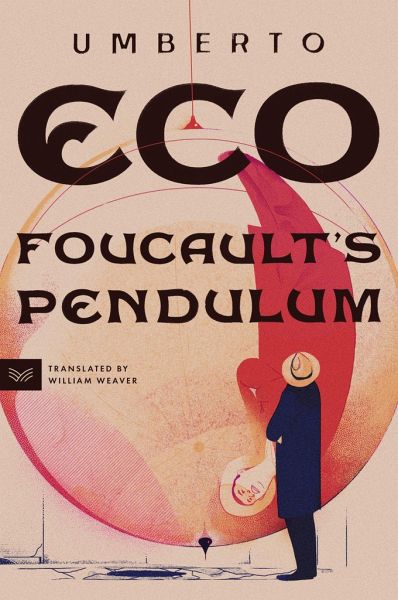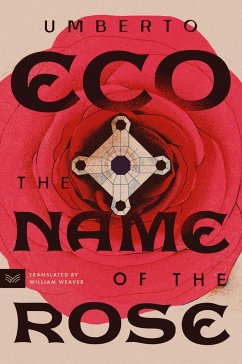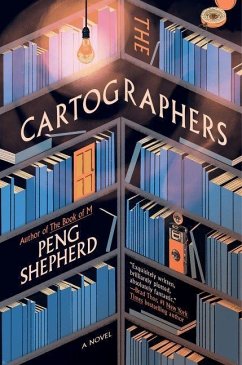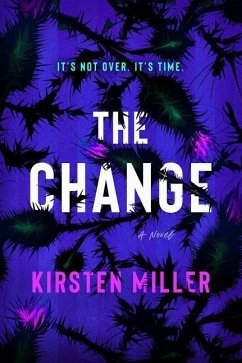
Foucault's Pendulum
Versandkostenfrei!
Versandfertig in ca. 2 Wochen
13,99 €
inkl. MwSt.
Weitere Ausgaben:

PAYBACK Punkte
7 °P sammeln!
"An encyclopedic detective story . . . An intellectual triumph."-Anthony Burgess"Foucault's Pendulum is Eco's magical mystery tour of the Western mind. . . . With this book, Eco puts himself in the grand and acerbic tradition of Petronius, Rabelais, Swift, and Voltaire."-Chicago Tribune"Rich and witty."-NewsweekInfused with history and crackling suspense, Umberto Eco's celebrated international bestseller-a cerebral classic, prescient of our own times, about a literary joke that goes terribly awry, unexpectedly plunging its creators into mortal danger.A man named Colonel Ardenti tells three cyn...
"An encyclopedic detective story . . . An intellectual triumph."-Anthony Burgess
"Foucault's Pendulum is Eco's magical mystery tour of the Western mind. . . . With this book, Eco puts himself in the grand and acerbic tradition of Petronius, Rabelais, Swift, and Voltaire."-Chicago Tribune
"Rich and witty."-Newsweek
Infused with history and crackling suspense, Umberto Eco's celebrated international bestseller-a cerebral classic, prescient of our own times, about a literary joke that goes terribly awry, unexpectedly plunging its creators into mortal danger.
A man named Colonel Ardenti tells three cynical book editors that he has discovered a coded message about a centuries-old Knights Templar plan to tap a mystic source of power greater than atomic energy. The editors, bored from tooling with manuscripts on the occult and inspired by the colonel's outlandish claims, devise a literary prank for their own amusement. Using a computer, into which they enter bits of information on the Knights Templar, Satanic initiation rites, Rosicrucianism, the measurements of the Great Pyramid, and supernatural and occult phenomenon, they create a map indicating a point from which all the powers of the earth can be controlled-a point located at Foucault's Pendulum in Paris.
The editors are convinced they've devised the ultimate literary joke, a game to consume conspiracy theorists, mystical buffs, and everyone else fool enough to play.
But their joke becomes all too terrifyingly real when people begin to disappear mysteriously, beginning with the Colonel. . . .
"Foucault's Pendulum is Eco's magical mystery tour of the Western mind. . . . With this book, Eco puts himself in the grand and acerbic tradition of Petronius, Rabelais, Swift, and Voltaire."-Chicago Tribune
"Rich and witty."-Newsweek
Infused with history and crackling suspense, Umberto Eco's celebrated international bestseller-a cerebral classic, prescient of our own times, about a literary joke that goes terribly awry, unexpectedly plunging its creators into mortal danger.
A man named Colonel Ardenti tells three cynical book editors that he has discovered a coded message about a centuries-old Knights Templar plan to tap a mystic source of power greater than atomic energy. The editors, bored from tooling with manuscripts on the occult and inspired by the colonel's outlandish claims, devise a literary prank for their own amusement. Using a computer, into which they enter bits of information on the Knights Templar, Satanic initiation rites, Rosicrucianism, the measurements of the Great Pyramid, and supernatural and occult phenomenon, they create a map indicating a point from which all the powers of the earth can be controlled-a point located at Foucault's Pendulum in Paris.
The editors are convinced they've devised the ultimate literary joke, a game to consume conspiracy theorists, mystical buffs, and everyone else fool enough to play.
But their joke becomes all too terrifyingly real when people begin to disappear mysteriously, beginning with the Colonel. . . .














